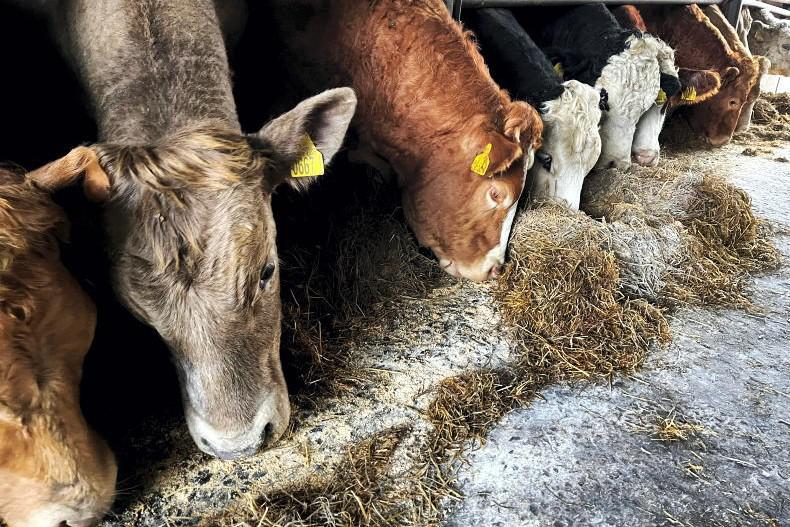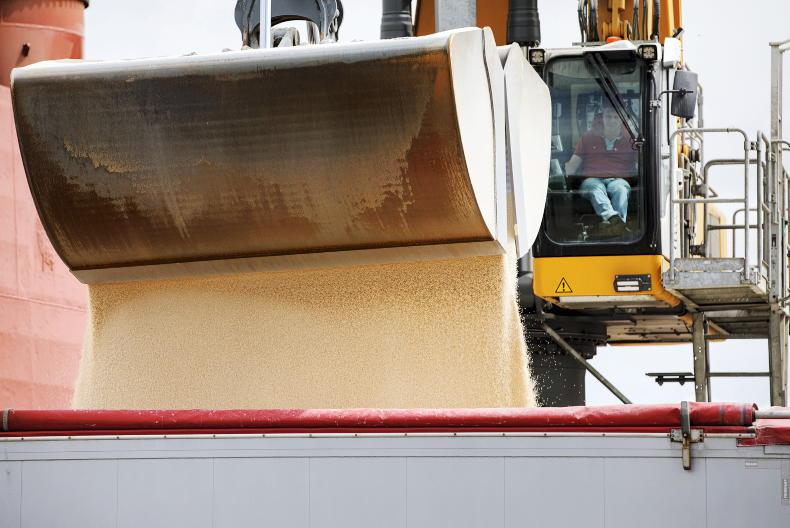Significant changes to capital tax allowances for farm families are being proposed by the Commission on Taxation Welfare.
The Foundations for the Future document recommends a number of major reforms to “increase the yield from, and enhance the efficiency of, existing capital taxes”.
These include “applying capital gains tax (CGT) at death, curtailing extensive reliefs that currently apply to CGT and capital acquisitions tax (CAT), and the introduction of a minimum capital charge on inheritances and gifts”.
Agricultural relief would be cut under the proposals. This would be coupled with a proposed reduction in the current tax-free thresholds for transfers between relatives.
The most significant by far is the parent-to-child tax-free threshold of €355,000. When coupled with agricultural relief, this means assets of up to €3.55m can be transferred with no CAT applying.
Lifetime limits for retirement relief are also being proposed – none currently pertain for parent/child transfers.
There are also proposals to tighten up the qualifying criteria for agricultural relief, to ensure that only genuinely active farmers benefit from its provision.
Changes in the rate of PRSI farmers must pay are also proposed.
The 13-strong Commission on Taxation and Welfare is tasked by Government to best consider how the taxation and welfare systems can promote economic activity and prosperity in Ireland.
Reaction
Farm organisations have reacted strongly to the proposals. “Land as an asset has a value far beyond what it generates in terms of income,” said Rose Mary McDonagh, the IFA’s farm business chair. “Any reduction in the relief rate for inheritance would have a disproportionate impact on the farming sector.”
ICSA president Dermot Kelleher described the proposals as“abhorrent”. “Family farms being transferred to the next generation cannot be lumped with six-figure tax bills. That would undermine the future viability of countless farming businesses.”
Reacting to the report, Minister of State Martin Heydon said that changes to agricultural reliefs and CAT thresholds could “create barriers to land mobility and prevent young, trained farmers taking over their family farm”.









SHARING OPTIONS